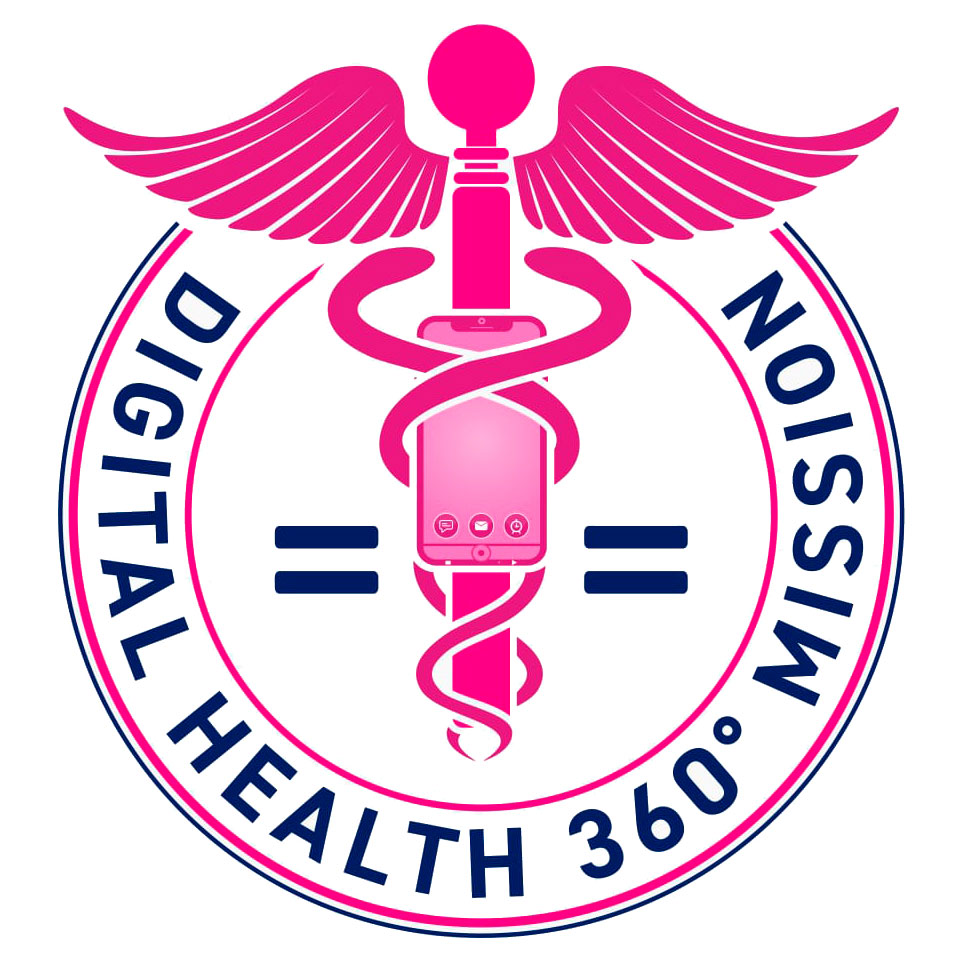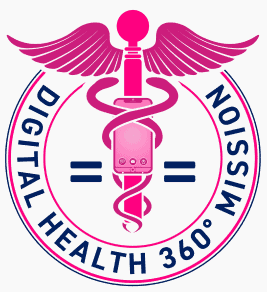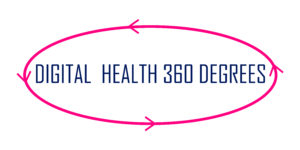From the Motherland to Digital Medicine
Hi, I’m Ahmed.
If you’re wondering how a Nigerian kid who dreamed of curing HIV ended up wrangling the chaos of digital health, buckle up—I’ve got a story for you.
Spoiler alert: It involves a lot of accidental discoveries, migraines (literal and metaphorical), and a whole lot of head-shaking at our American healthcare system.
The Early Days: Medical Dreamer Meets Harsh Reality
Let’s take a trip back to Nigeria—where I spent most of my teenage years buried in library books about medical inventors, telling everyone (including my dad and every taxi driver I ever encountered) that I was going to be the one to discover the cure for HIV.
Fast-forward to me, a few years later, arriving in the United States, only to find out that solving one of the world’s most extensive healthcare systems’ maladies wasn’t precisely a “Welcome to America” kind of thing. Instead, I found myself wading through an absurd healthcare system where even the simplest things—like getting my migraine meds—felt like trying to crack the Da Vinci Code. Plot twist: my insurance didn’t think my generic migraine medicine was “generic” enough.
A Wild Ride Through Healthcare's Bumpy Roads
It didn’t take long for me to see the bigger picture—there were more significant problems than just one person’s headache medications. On my daily morning commute from the Bronx to Manhattan, I found that, in some areas, healthcare looked like it belonged in underdeveloped countries. I mean, really?! Welcome to New York, where you can get gourmet coffee delivered in under 10 minutes but basic healthcare, not so much.
But guess what? I’m not a quitter. I pivoted into clinical research and found myself neck-deep in the world of endovascular neurologic devices (basically, fancy brain technology). Along the way, I had an epiphany: you can’t fix healthcare unless you understand the one thing everyone avoids discussing—money. So, I did what every reasonable person trying to escape imposter syndrome would do. I added another degree to my resumé, jumped into the business world, and learned how healthcare makes money, loses money, and often “misplaces” money.
Enter Digital Heatlh: Where the Buzzwords Are Endless and the Frustration is Real
Just when I thought I had things figured out, I landed in the world of digital health during my internal medicine training at Harlem Hospital. Let me tell you, nothing humbles a man faster than a “cutting-edge” electronic medical record (EMR) system that has the usability of a potato! Doctors were losing their minds, and I quickly realized digital health had one too many “over-promise, under-deliver” situations. The hype was real—and it was driving me crazy.
I also realized this was my moment. I could either sit back and watch this digital mess unfold or step in, cape on (metaphorically speaking) and help steer the ship toward actual, usable solutions. And that’s how I became what I like to call the “Digital Health Snake Oil Exterminator.” You’ve got a new app that claims to “revolutionize” healthcare? I’m your guy, but don’t be surprised when I ask for a bit more than pretty slides and a buzzword-filled pitch.
Today: Working on Healthcare, One Digital health tool at a Time (With a Healthy Dose of Skepticism)
These days, I work with startups, digital health enthusiasts, and anyone seriously trying to improve healthcare with digital tools (read: not just hyping up their new technology). My team and I are like Sherlock Holmes of digital health—we investigate, analyze, and figure out what will work and what’s just a shiny gadget designed to frustrate doctors and confuse patients.
But don’t get me wrong—I love this world of digital healthcare chaos. The chance to disrupt (in the real sense, not the overused startup sense) and create meaningful change keeps me going. I may not have cured HIV yet, but I am here, armed with my skepticism, a heap of experience, and just enough humor to survive the digital health battlefield.
So, if you’re ready to explore the Wild West of healthcare innovation without the snake oil, let’s talk. I promise you’ll laugh, learn, and be surprised by what’s possible when we cut through the nonsense.
Feel free to drop me a message at ahmed@digitalhealthspin.com
It all started in the Motherland
Growing up in Nigeria, I always fantasized about becoming one of those great pre-industrial age inventors I read about in my high school library’s archive of medical inventions. The need to be at the center of cutting-edge medical advancements was my passion when I migrated to the US more than a decade ago for further medical training. At the time, my goal was to learn clinical research methods. Believe it or not, I promised my dad and whoever cared to listen that I would be the one to find the cure for HIV when I got to America but I found a different purpose.
Facing Reality Without Fore Warning
Like every international medical graduate trying to integrate into the US system, I had my share of huddles and disbelief about the state of healthcare in the US. I experienced the unnecessary complexity, lack of transparency, and inefficiency when I presented to the clinic to manage my chronic migraines. My health insurance company wouldn’t cover my generic medication even though I had coverage. More shocking to me was the level of health disparity experienced by some sections of the Bronx community in New York City. The health inequity in some regions of Manhattan is similar to that of some third-world countries.
I held onto my desire to champion the next big thing in healthcare despite these roadblocks. I received advanced clinical research training and subsequently landed a top clinical research job in the field of minimally invasive endovascular neurologic devices, where I designed clinical research studies and coordinated FDA approvals of devices (see studies here). The fact that the US healthcare system needs wholistic solutions at the population health level steered me toward public health training and an interest in healthcare for homeless populations (see publication).
After my public health graduate training it became clear to me that the concept of “no magic without margins” is no joke. I needed a fundamental understanding of the profit models to be a change-maker, resulting in my graduate business degree.









